COVID-19 How do I self-isolate? What do people in my house do?
If you develop a Fever (>38 degrees), Cough, or Difficulty Breathing and if you may have been exposed to the Coronavirus, you may be asked to self-isolate
All Canadians are now asked to Socially Distance and Stay Home
How do I self-isolate?*
GATHER SUPPLIES
Make sure you have a full month’s supply of your prescriptions and any symptom relief medications that you’ve been advised to use. eVisitNB’s licensed physicians can provide this for any patient who is isolated because of suspected or confirmed COVID-19 for FREE with a valid Medicare Card. We also have access to pharmacies that deliver medications throughout New Brunswick.
Supply of surgical masks (enough for 14 days)
MASKS SHOULD BE CONSERVED AND ONLY BE USED WHEN THE PATIENT IS SYMPTOMATIC (Fever > 38deg and/or Cough and/or Shortness of Breath)
Soap, water and/or alcohol-based hand sanitizer to clean your hands.
Gloves for caregivers and other household members (see below).
STAY HOME
Do not use public transportation, taxis or ride-shares.
Do not go to work, school or other public places.
Your health care provider or public health unit will tell you when it is safe to leave.
AVOID CONTACT WITH OTHERS
Stay in a separate room away from other people in your home as much as possible and use a separate bathroom if you have one.
Make sure that shared rooms have good airflow (e.g. open windows).
LIMIT THE NUMBER OF VISITORS TO YOUR HOME
Only have visitors who you must see and keep the visits short.
Keep away from seniors and people with chronic medical conditions.
KEEP DISTANCE
If you are in a room with other people, keep a distance of at least two metres and wear a mask that covers your nose and mouth.
If you cannot wear a mask, people should wear a mask when they are in the same room as you.
COVER YOUR COUGH AND SNEEZES
Cover your mouth and nose with a tissue when you cough or sneeze.
Cough or sneeze into your upper sleeve or elbow, not your hand.
Throw used tissues in a lined wastebasket, and wash your hands. Lining the wastebasket with a plastic bag makes waste disposal easier and safer.
After emptying the wastebasket, wash your hands.
WASH YOUR HANDS
Wash your hands often with soap and water
Dry your hands with a paper towel, or with your own cloth towel that no one else shares.
Use an alcohol-based hand sanitizer if soap and water are not available.
Hand-washing steps: The WHO technique
WEAR A MASK TO COVER YOUR MOUTH AND NOSE IF YOU HAVE SYMPTOMS OF COVID-19*
*Fever (>38 degrees) and/or Cough and/or Difficulty Breathing. Diarrhea can also be present in some individuals
MASKS SHOULD BE CONSERVED AND ONLY BE USED WHEN THE PATIENT IS SYMPTOMATIC
Wear a mask if you must leave your house to see a health care provider if you are symptomatic
Wear a mask when you are within two metres of other people.
Dispose of your mask appropriately.
The correct way to wear and dispose of a mask
What do people in my house do?*
WASH YOUR HANDS OFTEN
Wash your hands with soap and water after each contact with the infected person.
Use an alcohol-based hand sanitizer if soap and water are not available.
WEAR MASK AND GLOVES
Wear a mask and gloves when you have contact with the person’s saliva or other body fluids (e.g. blood, sweat, saliva, vomit, urine and feces).
AVOID SHARING HOUSEHOLD ITEMS
Do not share dishes, drinking glasses, cups, eating utensils, towels, bedding or other items with the person under investigation.
After use, these items should be washed with soap or detergent in warm water. No special soap is needed.
Dishwashers and washing machines can be used.
Do not share cigarettes.
CLEAN
Clean your home with regular household cleaners.
Clean regularly touched items such as toilets, sink tap handles, doorknobs and bedside tables on a daily basis.
WASH LAUNDRY THOROUGHLY
There is no need to separate the laundry, but you should wear gloves when handling.
Clean your hands with soap and water immediately after removing your gloves.
BE CAREFUL WHEN TOUCHING WASTE
All waste can go into regular garbage bins.
When emptying wastebaskets, take care to not touch used tissues with your hands. Lining the wastebasket with a plastic bag makes waste disposal easier and safer.
Clean your hands with soap and water after emptying the wastebasket.
*Adapted from Public Health Ontario
Questions or confused or anxious about the Coronavirus | COVID-19 Pandemic?
Talk to a licensed New Brunswick Physician Online by Video, Messaging, or Phone about the Coronavirus | COVID-19 Pandemic for FREE*
Click BOOK NOW. When prompted click Coronavirus | COVID-19 Questions
*eVisitNB is offering this service at no cost given the high level of concern and anxiety around the COVID-19 Pandemic
Infected or think you may be Infected with COVID-19 | CORONAVIRUS 2019-nCoV?
eVisitNB Video, Audio, and Messaging now FREE for COVID-19 suspected and confirmed infections with a valid New Brunswick Medicare Card.
You MUST be experiencing symptoms consistent with COVID-19 | CORONAVIRUS 2019-nCoV including:
Fever
Cough
Difficulty Breathing
Possible Respiratory Infection
Click BOOK NOW. When prompted click Coronavirus | COVID-19 Suspected or Confirmed Infections.
